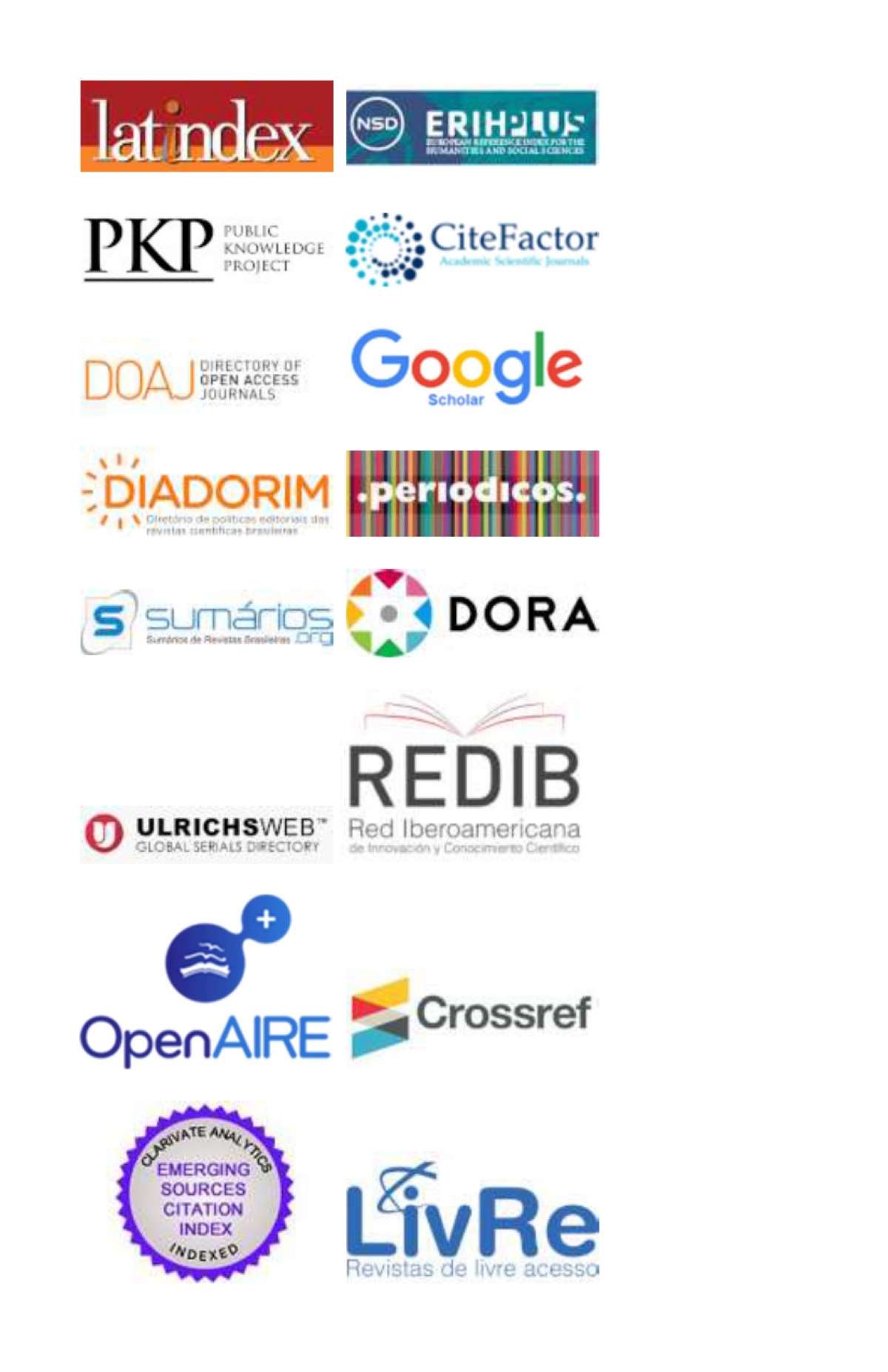DIREITO DO TRABALHO, PRECEDENTES E AUTORIDADES DO STF
UM ESTUDO DE CASO A PARTIR DO TEMA 725
DOI:
https://doi.org/10.21783/rei.v10i2.830Keywords:
Precedents, Issue 725 of general repercussion, Supreme Court, OutsourcingAbstract
In 2023, an alleged clash between the Labor Court (JT) and the Supreme Court (STF) became notorious, especially in relation to outsourcing and other types of worker hiring. On the one hand, there is a narrative that the Labor Court ignores what was already decided by the STF about outsourcing of core activities. On the other hand, a second narrative indicates that the Labor Court is not disrespecting, but judging cases that are different from established precedents. Considering this discussion, this text aims to understand which of the two narratives is closer to reality. To this end, a case study was carried out based on STF Issue 725 of general repercussion, which dealt with the constitutionality of outsourcing core activities. Constitutional claims (which sought to ensure the court's authority with regard to such precedent) judged by the STF between January and August 2023 were also analyzed. The results of this investigation are presented in this text, organized into four main parts: first, which discusses the notion of precedents; second, which analyzes the foundations that supported the judgment on Issue 725; third, dedicated to the examination of constitutional claims related to Issue 725; fourth, which analyzes the risks to the STF authority. At the end, the conclusions are presented, which shows that the STF is using the same precedent for cases that are very different from each other, indicating that the second narrative is the one that most comes closer to reality.
Downloads
References
BARROSO, Luís Roberto. O controle de constitucionalidade no direito brasileiro. 9a edição. São Paulo: Saraiva Jur, 2022.
BRASIL. Supremo Tribunal Federal. Acórdão no Recurso Extraordinário 958.252 (MG). Relator: Ministro Luiz Fux. Brasília, DF de 2018.
BRASIL. Supremo Tribunal Federal. Plenário do STF deve examinar reclamação sobre vínculo de emprego de trabalhadores de aplicativos. 2023b. Disponível em: https://portal.stf.jus.br/noticias/verNoticiaDetalhe.asp?idConteudo=521493&ori=1 Acesso em: 28 mar. 2024.
BRASIL. Supremo Tribunal Federal. Acórdão no Agravo Regimental na Reclamação 53.668. Relator: Ministro Gilmar Mendes. Brasília, DF, 2023a.
BUSTAMANTE, Thomas. Obiter dicta abusivos: esboço de uma tipologia dos pronunciamentos judiciais ilegítimos. Revista Direito GV, v. 14, p. 707–745, 2018.
DUXBURY, Neil. The nature and authority of precedent. [s.l.]: Cambridge University Press, 2008.
DWORKIN, Ronald. How law is like literature. Law and Literature, [s.l.]:Routledge, 2015, p. 45–62.
ESTADÃO. STF vira ‘balcão de reclamações’ contra decisões da Justiça do Trabalho e 54% das ações são da área. 2023. Disponível em: https://www.estadao.com.br/politica/stf-vira-balcao-de-reclamacoes-contra-decisoes-da-justica-do-trabalho-e-54-das-acoes-e-dessa-area/ Acesso em: 28 mar. 2024.
FOLHA DE SÃO PAULO. Justiça do Trabalho ignora STF, e ministros veem afronta à corte. 2023a. Disponível em: https://www1.folha.uol.com.br/mercado/2023/08/justica-do-trabalho-ignora-stf-e-ministros-veem-afronta-a-corte.shtml Acesso em: 28 mar. 2024.
FOLHA DE SÃO PAULO. OAB, juízes e sindicatos criticam STF e cobram ‘prestígio e respeito’ à Justiça do Trabalho. 2023b. Disponível em: https://www1.folha.uol.com.br/mercado/2023/08/justica-do-trabalho-ignora-stf-e-ministros-veem-afronta-a-corte.shtml Acesso em: 28 mar. 2024.
GRILLO, Sayonara; CARELLI, Rodrigo. Respostas judiciais à terceirização: debates e tendências recentes. Caderno CRH, v. 34, p. e021035, 2021.
LEAL, Fernando, Força autoritativa, influência persuasiva ou qualquer coisa: o que é um precedente para o Supremo Tribunal Federal? Revista de Investigações Constitucionais, v. 7, p. 205–236, 2020.
LEGALE, Siddharta. Superprecedentes. Revista Direito GV, v. 12, n. 3, p. 810–845, 2016.
MACCORMICK, D. Neil; SUMMERS, Robert S. Interpreting precedents: a comparative study. London; New York: Routledge, 2016.
MACCORMICK, Neil. Retórica e o Estado de Direito. Rio de Janeiro: Elsevier Brasil, 2008.
MAGALHÃES, Breno Baía, A trajetória da transcendência dos motivos determinantes: o fim da história? Revista de Informação Legislativa, v. 52, n. 205, p. 161–188, 2015.
MARINONI, Luiz Guilherme. Precedentes Obrigatórios. 2ed. São Paulo: Revista dos Tribunais, 2011.
MEDINA, Diego Eduardo López. El derecho de los jueces. Bogotá: Legis, 2012.
PASQUALETO, Olívia de Quintana Figueiredo; BARBOSA, Ana Laura Pereira; FIOROTTO, Laura Arruda. Terceirização e pejotização no STF: análise das reclamações constitucionais. São Paulo: Fundação Getulio Vargas, 2023. Disponível em: https://hdl.handle.net/10438/34507. Acesso em: 27 mar. 2024.
PERRONE, Patrícia. O Supremo e os precedentes constitucionais: como fica a sua eficácia após o Novo Código de Processo Civil. Universitas Jus, v. 26, n. 2, 2015.
PINHEIRO, Victor Marcel. Decisões vinculantes do STF: a cultura de precedentes. São Paulo: Almedina Brasil, 2021.
PORTO, Lorena Vasconcelos; VIEIRA, Paulo Joarês. A "pejotização" na reforma trabalhista e a violação às normas internacionais de proteção ao trabalho. Revista do Tribunal Regional do Trabalho da 9ª Região, Curitiba, v. 8, n. 80, p. 52-77, jul. 2019.
SCHAUER, Frederick. Precedent. Stanford Law Review, 1987, p. 571–605.
VOJVODIC, Adriana de Moraes; MACHADO, Ana Mara França; CARDOSO, Evorah Lusci Costa, Escrevendo um romance, primeiro capítulo: precedentes e processo decisório no STF. Revista Direito GV, v. 5, n. 1, p. 021–044, 2009.
VOJVODIC, Adriana de Moraes. Precedentes e argumentação no Supremo Tribunal Federal: entre a vinculação ao passado e a sinalização para o futuro. 2012. Tese (Doutorado em Direito do Estado) - Faculdade de Direito, Universidade de São Paulo, São Paulo, 2012. Acesso em: 28 mar. 2024.
Downloads
Published
How to Cite
Issue
Section
License
Copyright (c) 2024 Olívia de Quintana Figueiredo Pasqualeto, Ana Laura Pereira Barbosa

This work is licensed under a Creative Commons Attribution-NonCommercial 4.0 International License.
The authors hold their copyright and concede to the JOURNAL OF INSTITUTIONAL STUDIES the right to the first publication, in accordance with the Creative Commons Attribution license.
Authors are strongly encouraged to publish their manuscripts in other medias, such as institutional repositories and personal pages. The Journal only requires the credits of the first publication.






